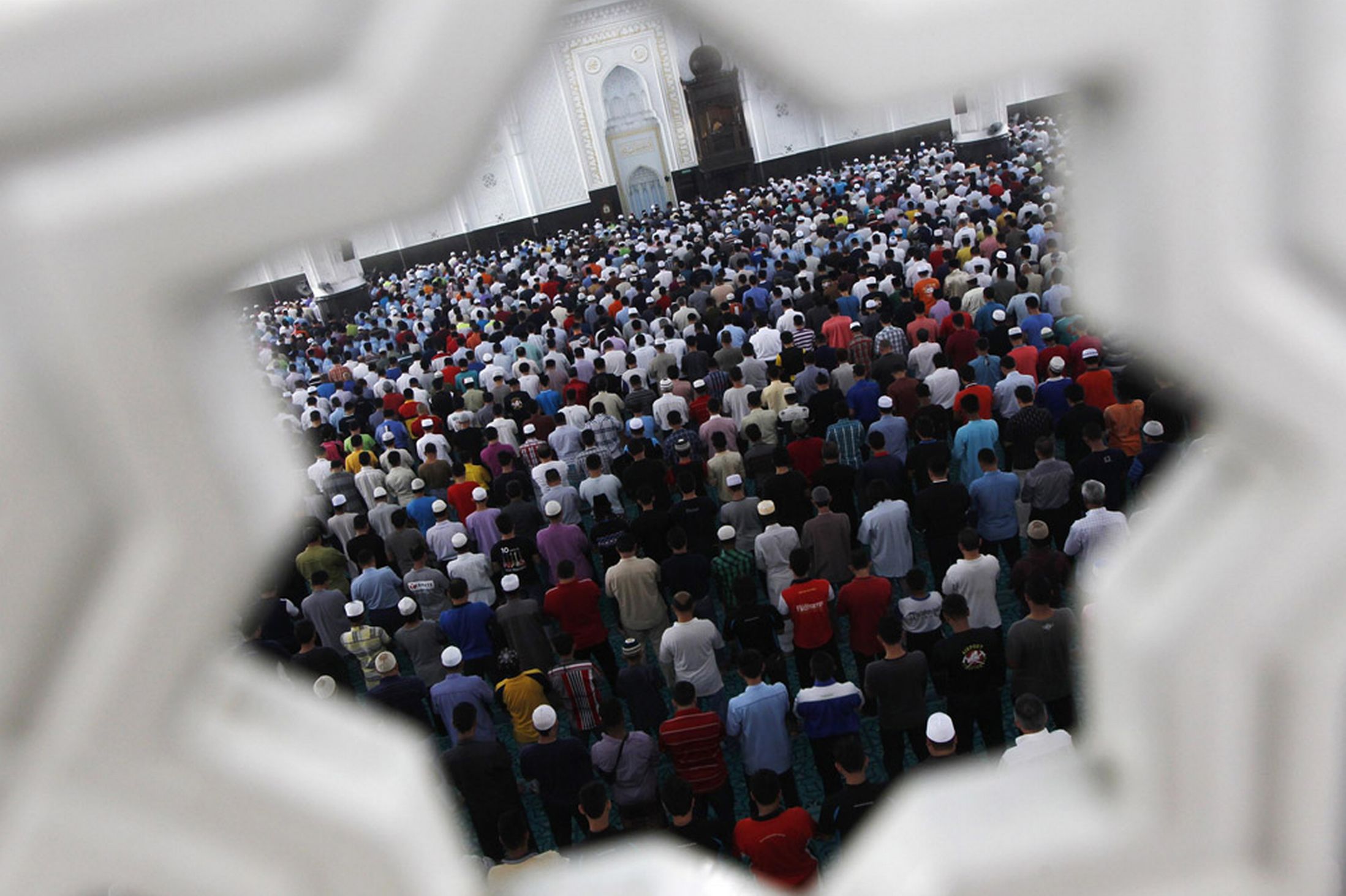by Maha Hilal
At the UN General Assembly, in reference to the threat of terrorism, particularly, acts committed by Muslims, President Obama stated the following: “Second, it is time for the world – especially Muslim communities – to explicitly, forcefully, and consistently reject the ideology of al Qaeda and ISIL.” Later in his speech, Obama praised a campaign launched by British Muslims called #notinmyname, which seeks to distance the acts of a few from what Islam preaches.
Obama’s statement herein was emblematic of the burden that has been placed on Muslims around the globe that positions the entire population of 1.1 billion individuals as collectively responsible for the actions of a handful of Muslims. As a Muslim American, living in a post 9-11 United States, I have continuously asked myself why I should be responsible for condemning such acts when I, like the majority of Muslims around the globe am in no way, shape or form involved with and/or privy to any of the acts of violence that have been committed by other Muslims. As a Muslim, can I explain the acts of violence by other Muslims based on our shared identity? NO. But can I work to explain this violence through a scholarly endeavor that undertakes an understanding through the a socio-political lens that actually investigates the myriad of factors including war and occupation that lead to the rise of such groups? Absolutely.
While politicians and Islamophobes alike continue to pressure the Muslim community into nonsensical apologies based on a homogenized identity, many Muslims have, unfortunately, internalized the narrative of collective responsibility, leading them to issue condemnations of acts of violence and terrorism based only on the fact that we share one piece of our identity. Coupled with the ever present voice of those calling for Muslims to speak out against Muslim terrorists, those who have stepped up to this plate, have not presented a counter-narrative as they purport, but rather an internalization of the dominant narrative where Muslims are guilty until proven innocent. Most ripe in this sense is Frantz Fanon’s quote in which he states the following: “The most potent weapon in the hands of the oppressor is the mind of the oppressed.”
As one of many Muslims who has been repeatedly frustrated by the burden of collective guilt, I decided to design a t-shirt that responded to this charge with cynicism and sarcasm as a way of fighting back. Below is the t-shirt design debut:
This message of resisting collective responsibility resonated with many Muslims on Facebook, and upon the suggestion of a friend, the #MuslimApologies was launched. Within hours, the hashtag was trending, with Muslims apologizing about everything from incorrect McDonald’s orders to World War I. Some of my tweets are included below in addition to what I think are some of the funniest ones:









I will end this blog with one question to all my fellow Muslims: What are you sorry for?
Maha Hilal is currently pursuing a Ph.D. in Justice, Law & Society at American University in Washington, D.C. This article was originally published at Peace & Collaborative Development Network.
Opinions expressed in this article are solely those of the author








